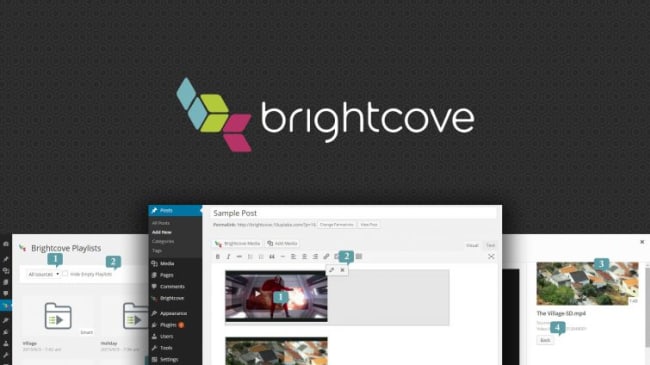Eight Day Week: a digital-first web-to-print workflow plugin by Observer & 10up

The web publishing experience is at the heart of 10up’s mission. So needless to say, when Observer (a long-time client) offered the opportunity to reimagine their editorial process, merging content management across their digital property and hallmark print publication, New York Observer, they couldn’t hold us back.
The existing process was relatively simple, but introduced several pain points and some potential for inaccuracy. Content was first authored in a word processor; it then moved through several teams and systems: from fact checkers to InDesign and InCopy, then to print, and finally to WordPress for publication on Observer.com. All of this was tracked in a spreadsheet, which involved manually copying and pasting between the word processor, spreadsheet, and WordPress. For a publisher doggedly moving to a “digital first” business model, their process hadn’t exactly caught up with their vision.
The 10up/Observer team came up with a better approach: let’s flip that process on its head and drive the entire process from within WordPress, taking advantage of its content authorship and storage capabilities! In doing so, the burden of duplicating content is removed, and content can be published online much more quickly, without waiting for print publication.
The result? Eight Day Week–a web to print plugin that helps digital content creators use WordPress to streamline their print production workflow.
Read More on Eight Day Week: a digital-first web-to-print workflow plugin by Observer & 10up

